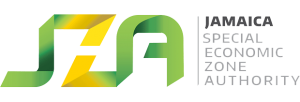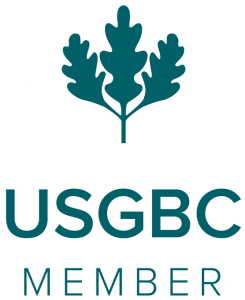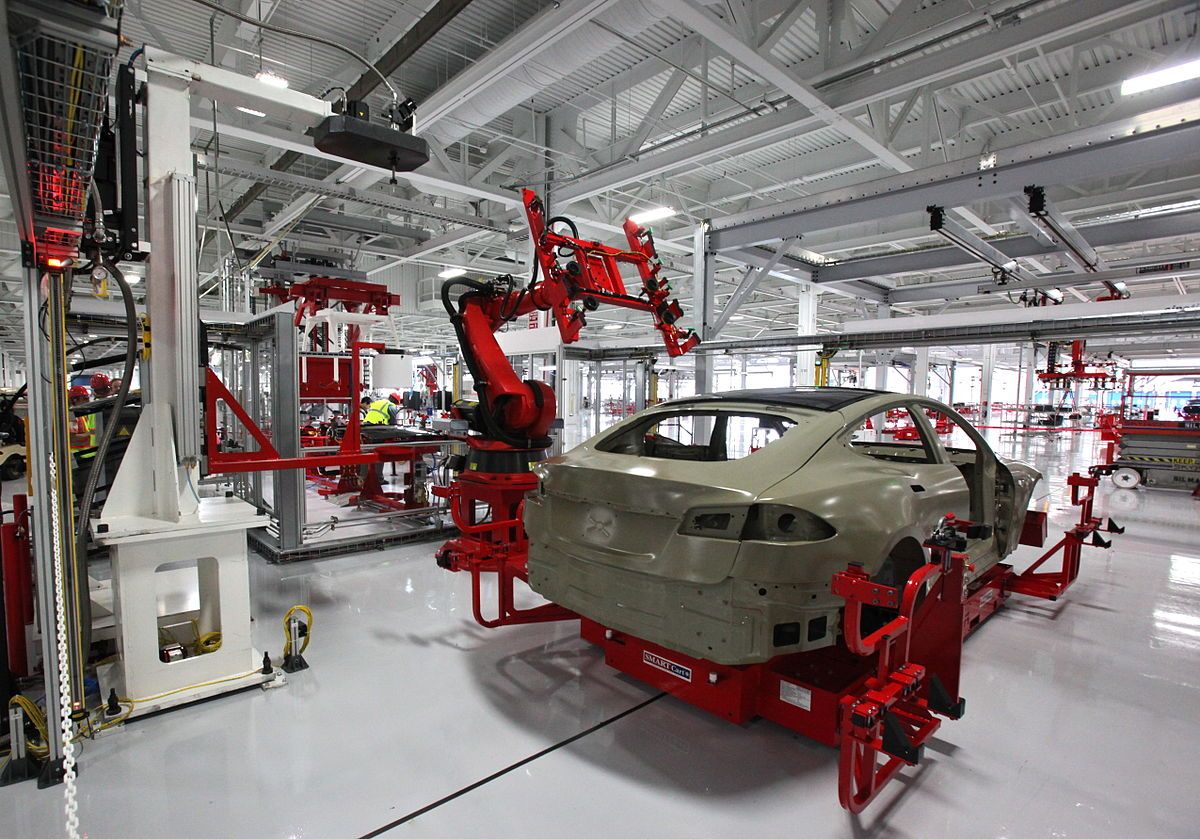A company that plans to sell remanufactured auto parts beat out three others to win the JSE Pitch Room on Wednesday.
The company, called i-Card, will operate from its warehouse at Hague in Trelawny. It’s led by car dealer Gordon Baldie.
Initially, i-Card will act as a springboard to sell imported spare parts through funnelling regional orders from its unnamed partner in the Netherlands, according to its pitch. Then, in 2019, it aims to begin remanufacturing parts for a myriad of popular cars.
Baldie operates Cars To Go, a used car dealership in Montego Bay. The move would see him expanding from trading used cars to include something
that he “loves” – spare parts. Remanufacturing will allow the company to sell retrofitted used parts locally and within the region.
“It will result in saving of 40 to 60 per cent when compared with the original manufactured parts,” Baldie told the Financial Gleaner following his win.
This was the sixth instalment of the JSE Pitch Room, which has become a signature event of the annual JSE Investments & Capital Markets Conference, held in New Kingston.
Set to begin next month
i-Card was incorporated in 2015 and will begin operations in February, said Baldie. In preparation for that move, the company leased 40,000 square feet of space from the Factories Corporation of Jamaica in Trelawny. It aims to convert that lease into a mortgage having applied to purchase the land at $95 million, with closing costs, according to Dr Karl Reid, consultant and director at i-Card.
Reid is no stranger to the JSE Pitch Room. In 2016, he pitched on behalf of Federal Transformer Manufacturing & Consulting Limited, a start-up, which aimed to refurbish transformers for power utility Jamaica Public Service Company. Servicing these transformers locally would obviate the need to ship them to Canada for repairs.
Dr Reid indicated that the brains behind Federal died last year, just before finalising plans to raise funds.
The i-Card acronym translates to Inter-Caribbean Automotive Parts Remanufacture Distribution Company. The company projects in four years to earn US$18 million ($2.2 billion) in revenue per annum, of which US$10 million would comprise local sales and the remainder from regional distribution. The company also projects a profit margin of 30 per cent of sales.
Baldie, in his pitch, indicated that the company was seeking $250 million in exchange for a negotiated stake in the company. He said the funds would allow the company to pay for the property and for inventory of spare parts. The move to structure the business gained intensity over the last two years with Baldie travelling to Asia and Eastern Europe to examine best practices and to solidify deals with remanufacturers in those territories.
The company, while planning to import new and remanufactured parts initially, will itself start remanufacturing next year. i-Card received special economic zone status which, the company says, allows it to import products designated for the region without duty; while attracting duty for products destined for the local market. Baldie added that i-Card recently received its NCC certification as a registered contractor for government projects, which allows it to bid on local fleet contracts.
The pitches that i-Card beat at the JSE Pitch Room involved companies selling digital advertising, swipe cards, and children’s publishing.




